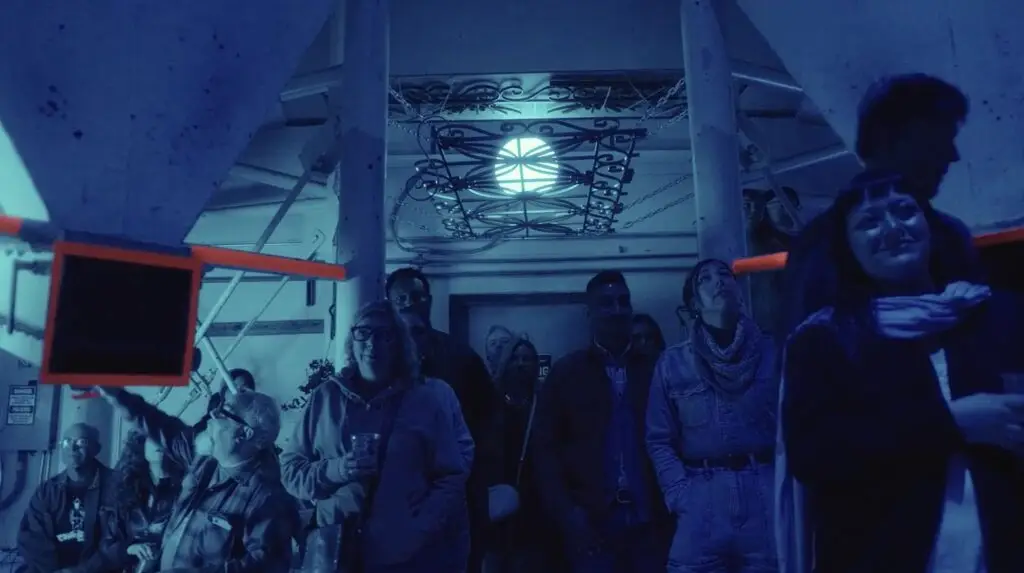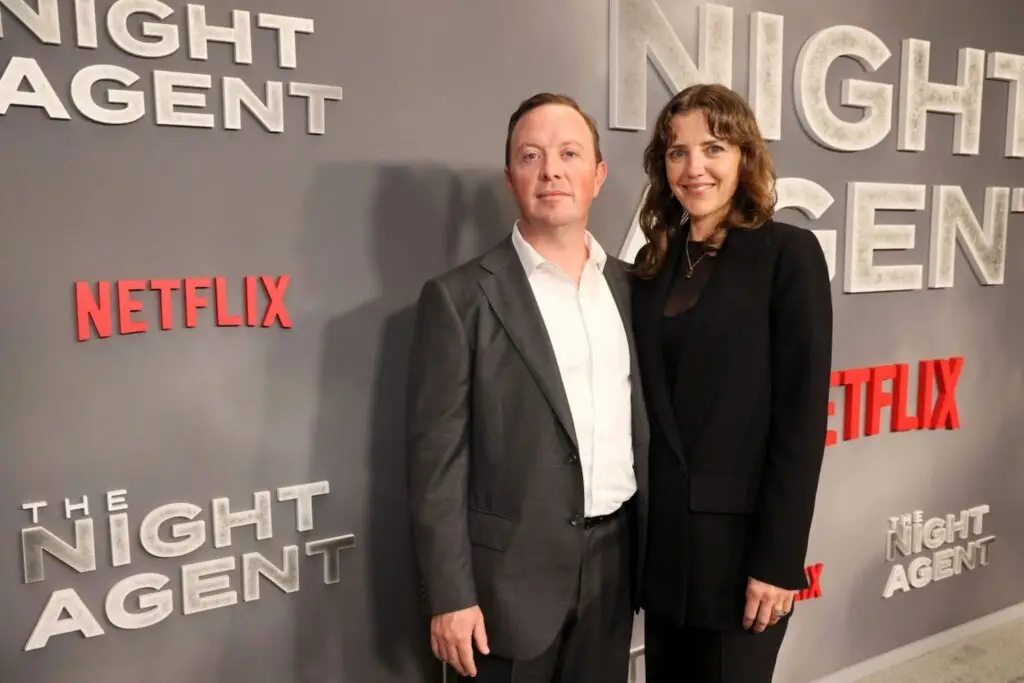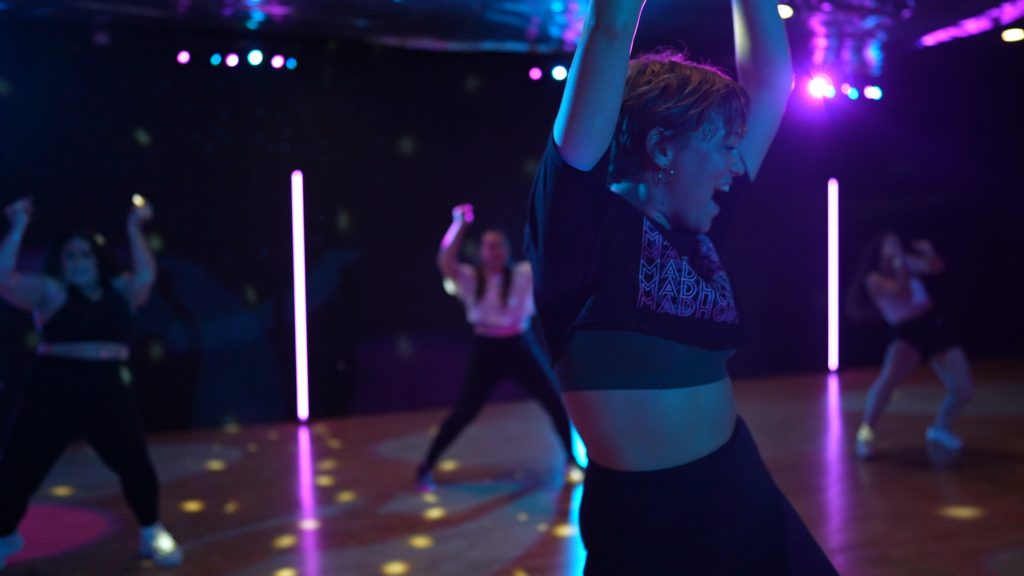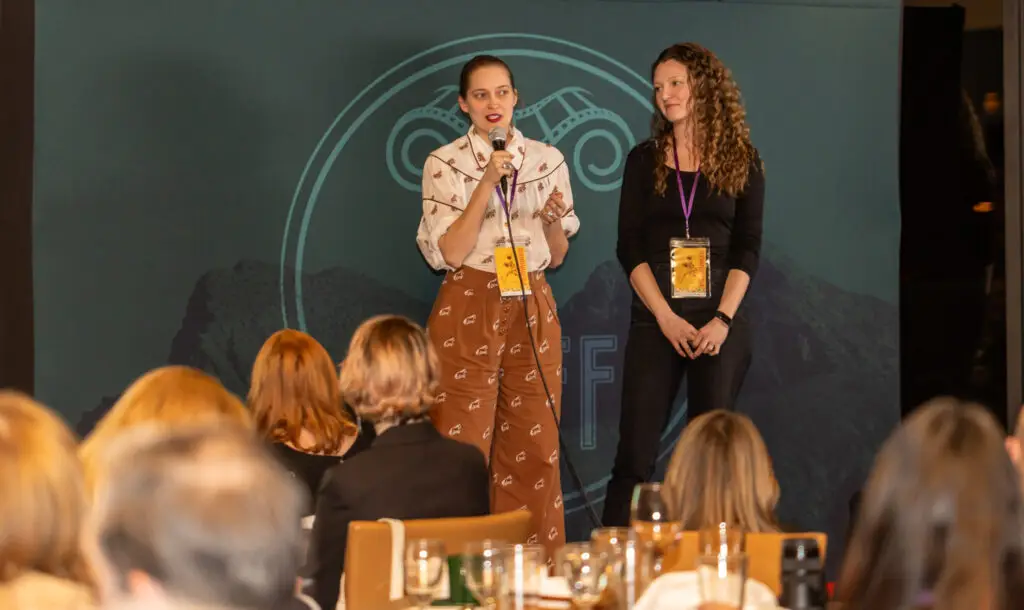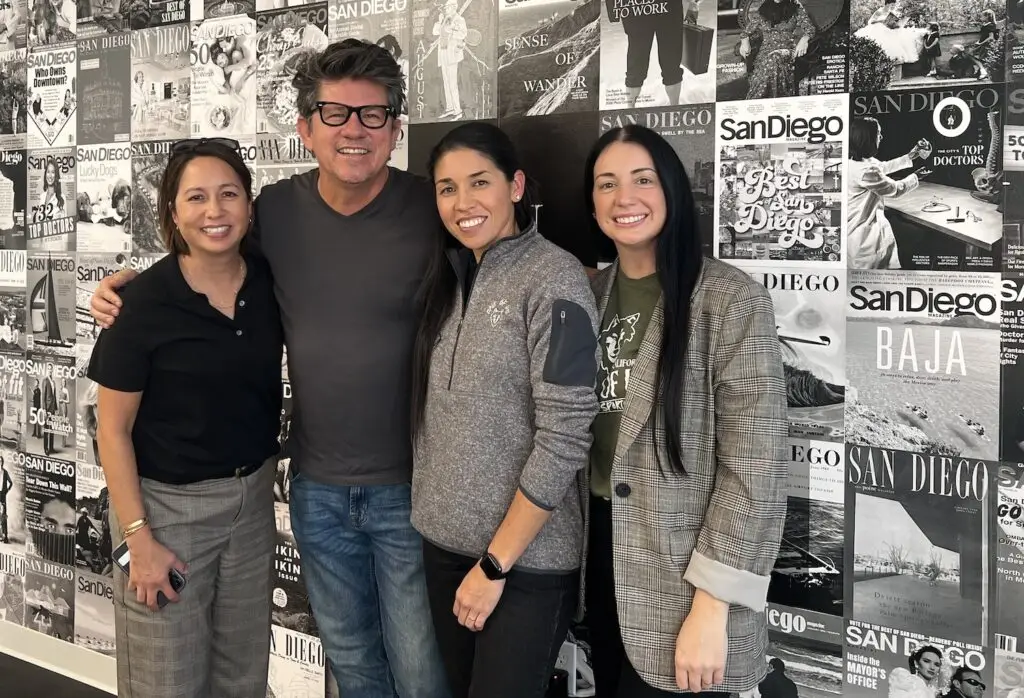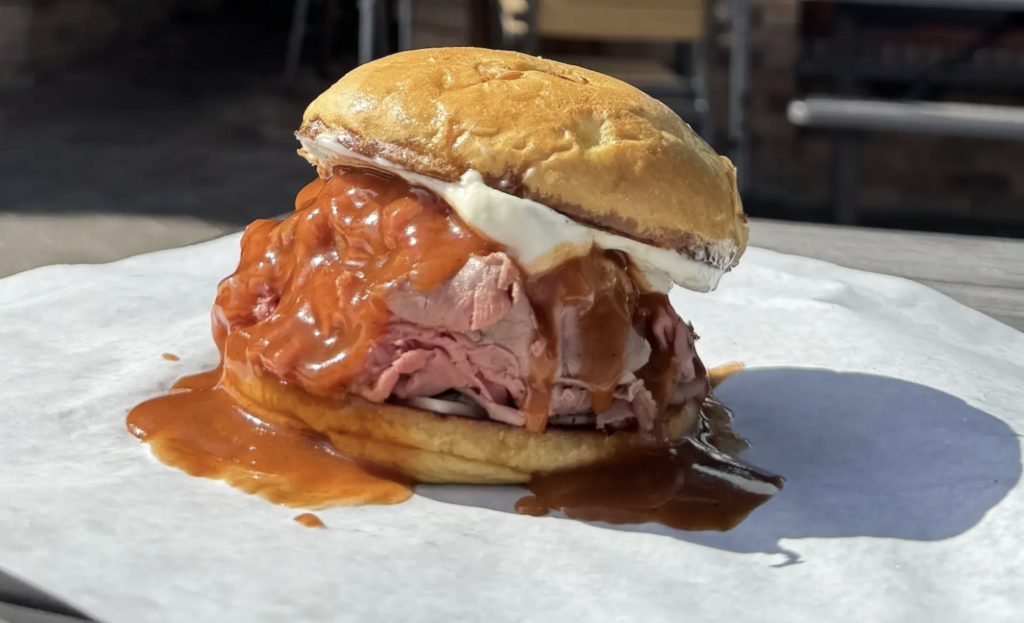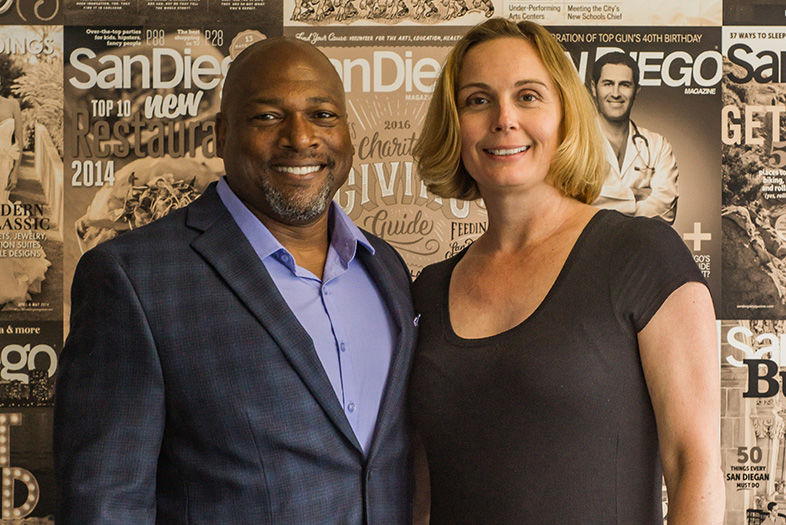JAY JEE: Why did you write Women at War?
REBECCA JOHANNSEN: I thought it was an interesting question to ask: What happens when women are engaged in combat? In particular, the job of the women I interviewed was to go in and talk to Afghan people and ask questions and build relationships, which seems to be the antithesis of what we’re told soldiers do when they go to war. It was an opportunity to find out more about their experiences.
JEE: That’s also the mission of the GI Film Festival, which is telling stories of veterans who served. It’s a great opportunity for military veterans and dependents of veterans to tell those stories, because often the public just sees us as the shotgun, the killers, the guys who go in there kicking down doors. But there’s a lot more to it.
JOHANNSEN: One of the jobs of the play was to humanize the people of Afghanistan, but it also humanized the people who were going to Afghanistan. Several audience members—former and current military—came to talk to me after the performances. Many civilians also came up afterward and said, “It really made me think in a completely different way about the reasons someone would join the military.”
JEE: A lot of military go to the film festival, but more civilians should. Perhaps if there were something live, like your play, it would attract another demographic or audience.
JOHANNSEN: I’m hoping the more we share these kinds of stories, the more we’ll close that gap between the military and the civilian population, because it’s detrimental to both for that gap to exist. In researching the play, I spoke to a professor of war studies at the London School of Economics and he talked about the civilian/military gap. He said the further apart civilians get from understanding the military experience, the more ready that civilian population is to send soldiers to war and the more ready they are to condemn them when they come back. One of my goals was to help bridge that territory.
JEE: There’s a lot more to what we go through than meets the eye, of the stereotypical Hollywood military guy: SEAL Team, recon, kick ass, take names. People ask me, ‘How many guys did you shoot? What’s it like to kill people?’ Rather than asking about where I went, what I did. Fortunately, with the film festival, especially here in San Diego, it tends to shine a light on not the glory, but how they deal with the traumatic experiences they have, and how they’re being brought back into the civilian environment once their service is over.
JOHANNSEN: The women I interviewed who are still in the service are struggling with the stigma of getting help; fortunately they have each other to talk to, but it’s not professional help. One of them said, ‘The biggest challenge was trying to figure out how to be me again.’ Was your transition tough?
JEE: Because I started acting about two years before I was going to retire, it wasn’t as difficult for me. But that first year was very challenging—because I’m injured, I couldn’t live that active life I had become accustomed to.
When I was deployed, the USO had music, guitars, some way to get your mind off the combat, de-stress you, and bring you back to ‘Okay, I’m safe,’ even though you’re never really safe when you’re over there. The arts make a huge difference. For me it has. It’s an outlet. A way to get it out of your system, to vent or to create and tell those stories that can help others. I know on base we have yoga, we have art classes, drawing, and different types of crafts that de-stress you.
JOHANNSEN: I found that the interview process was very therapeutic for the women. They were very excited about sharing their stories with me because they wanted the world to hear about their experiences, but at the same time one of them asked me, ‘Are people actually interested in hearing this story?’ I said, ‘Yes!’ And she said, ‘I don’t understand why anybody would be interested in my life.’ I told her, ‘Well, your life is pretty extraordinary.’
JEE: Perhaps, like the Playwrights’ Project, there should be opportunities for military to write or act their stories.
Jay Jee is a retired master gunnery sergeant who studied theater in Washington, DC. While stationed at Camp Pendleton, he became active in the San Diego community and retired from the Marine Corps after 28 years. He has acted in several short films. His most recent, Refuge, was featured at the GI Film Festival San Diego last month.
Rebecca Johannsen wrote, directed, and performed the play Women at War, which has been staged locally at Moxie Theatre and at this year’s Edinburgh Festival Fringe in Scotland. The show is based on interviews she conducted with members of the US Army’s Female Engagement Team, which deployed to Afghanistan in 2012 to connect with local Afghan women and gather intelligence.

Military in the Arts
PARTNER CONTENT
Jay Jee and Rebecca Johannsen | Photo by Cesar Rodriguez
